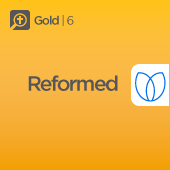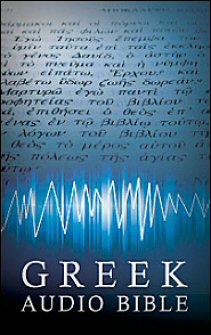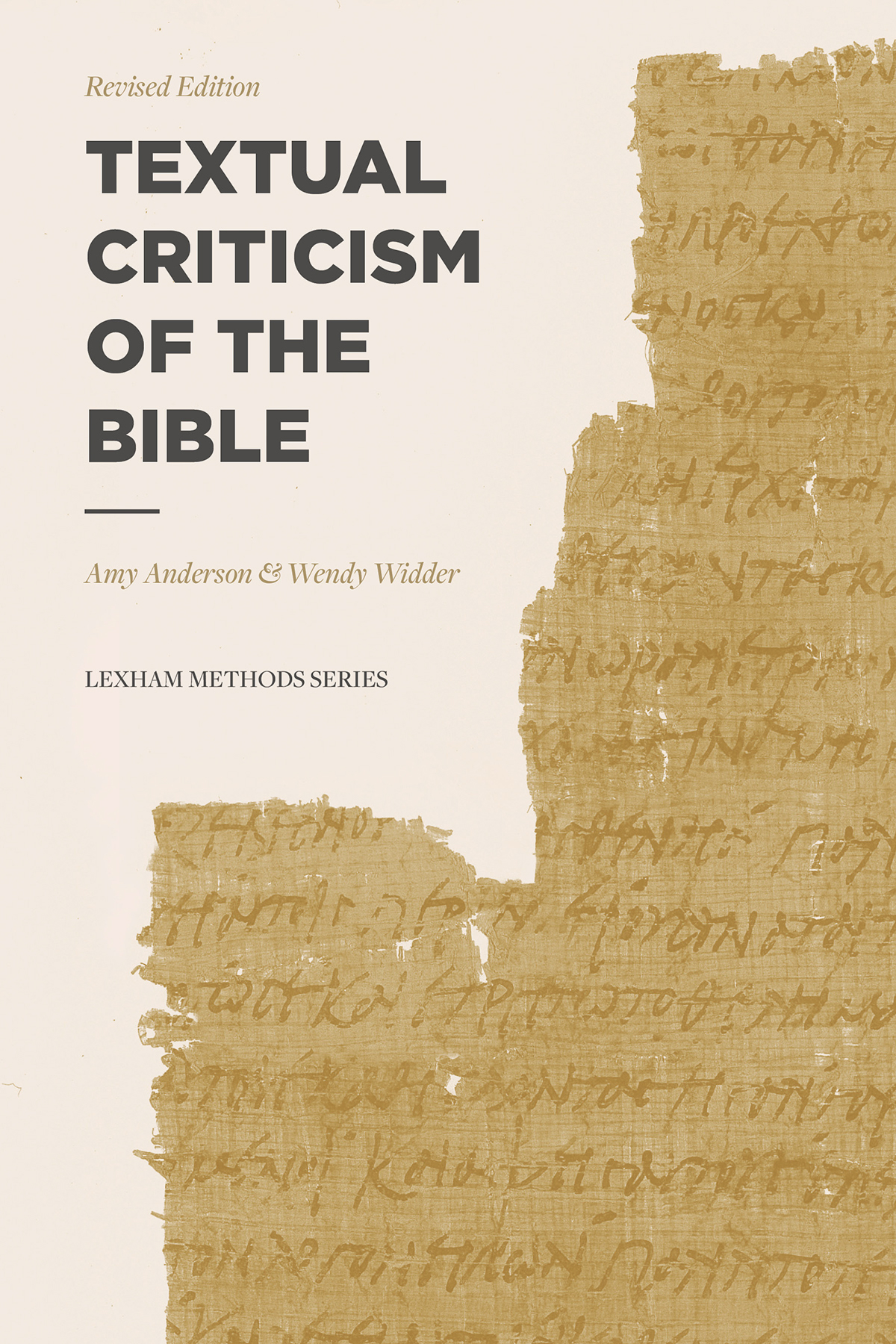George Simopoulos
Westminster Chapel
- Χαίπετε Γεῶρψιος, Τό ἐχασες, πάνω ποϋ ἀναφέρονται ἀπασκολόν ώστε φρικώδης ἐιρωσμιανός :-( The Classical problem will always be associated with Erasmian and from what I've heard and seen more and more students are taught using the modern pronunciation. If there were only ONE reason, namely modern is a living langue and I doubt there many realize the number of small towns (XORIO) in Greece still have entire communities raised on Koine. Other than modern, Dr. Randell Buth, an excellent teacher and lover of conversational Greek, created "Living Koine." I will never become accustomed to ἦν pronounced (en) like [H]en, but give Dr. Buth's rendering of John’s Prologue a listen: https://www.biblicallanguagecenter.com/wp-content/uploads/2011/04/John-01-v1-18.mp3 One example is: τῷ υἱῷ, the Son. Written differently, but a fully modern pronunciation. Disclaimers: My opinions on pronunciation were not formed because my initial 8 years of Classical and Koine were was taught to me in a Greek Orthodox Parochial School. Nor does it have to do with growing up Multilingual. I was never much for religion until after graduate school when one day I picked up my old 1910 GNT and read it through. Then, to the temporary dismay of my parents (and extended family) none of whom had any idea what I meant when I broke the news and told them: I am Reformed, Born Again. I left out the part of the story about two years of study resulting in a complete rejection of Covenant Theology. Back then Dispensational Calvinists were much less than today. One Hebrew Phrase led me to the truth. Found in John 2 (Wedding and the request for wine). Jesus' reply (the Greek): TEE EMEE KAI SEE which is the literal Hebrew: MaH LiY WaLaK, "what to me and to you." In fact, as one begins to dig into this, and I realize most know this, but entering a covenant is: KaRaTh B:RiYTh, which means "to CUT a covenant". David and Jonathan agreed to a lifetime friendship. They would have had to cut a sacrificial animal in half, lay out the pieces, and walk between them, saying "Thus shall the LORD do to me, and worse if I break this Covenant." The Bad side: Pharaoh Necho of Egypt had a non-aggression covenant with Josiah (2 Chr. 35.21). Josiah broke it! What happened to him? DEAD at Megiddo (c.f. 22-24). YHWH always enforces the Covenant and never breaks his promises.


